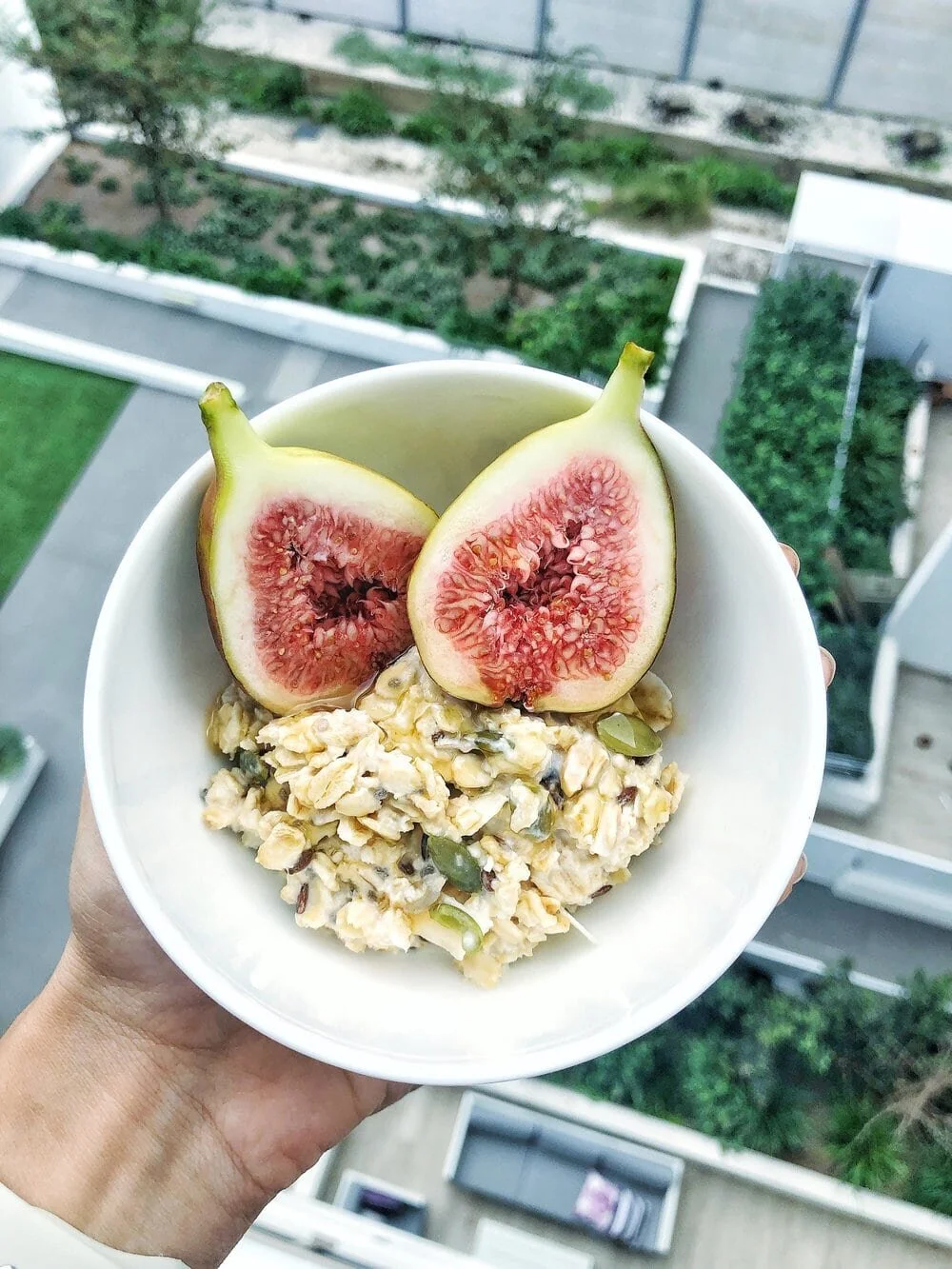Avoid Feeling Run-Down on a Plant-Based Diet
It’s a common misconception that eating a plant-based or vegan diet can “make you weak”. While this is not the case, transitioning to a vegan diet does require a little planning in order to provide your body with all of the essential nutrients it needs to feel and function at its best. If you’re worried eating more plant-based may leave you feeling fatigued or reduce your immunity leaving you prone to getting sick, here are two nutrients to consider.
1. IRON
We previously highlighted iron as important for enhancing your work performance because it carries oxygen to all of our cells. Iron also plays a role in converting the food we eat into energy and developing our immune cells. Plant sources of iron include:
Tofu
Legumes
Fortified cereals (e.g. Weet Bix)
Cashews
Dried apricots
The small caveat is that iron from plant foods (non-haem iron) isn’t absorbed as efficiently as iron from animal foods (haem iron). The good news is that pairing plant-based iron with foods rich in Vitamin C can help boost absorption! Think oranges, kiwi fruits, strawberries, tomatoes, capsicum and lightly cooked broccoli. Get creative and even squeeze some lemon or lime juice to dress and garnish tofu stir-fries and bean salads. It is important to keep in mind that Calcium rich foods and supplements along with tannins in tea or coffee can block absorption of plant-based iron. Aim to consume these nutrients at different times leaving at least one hour between.
2. Zinc
Often overlooked, zinc plays a key role in the development and function of our immune cells, proper wound healing and keeping our skin healthy. Luckily, the main plant sources of zinc are similar to iron, including tofu, tempeh, legumes, grains, nuts and seeds, especially pumpkin seeds. To ensure we maximise our absorption of zinc, try including sprouted or soaked grains and legumes, toasted nuts and seeds or wholegrain breads made from yeast or sourdough. These sources of zinc are slightly lower in naturally occurring phytates that can impact zinc absorption.
Going vegan or more plant-based in general doesn’t have to mean you miss out on key nutrients. Our best tip is to include soy-based foods, legumes, wholegrains, nuts and seeds regularly in your diet.

















